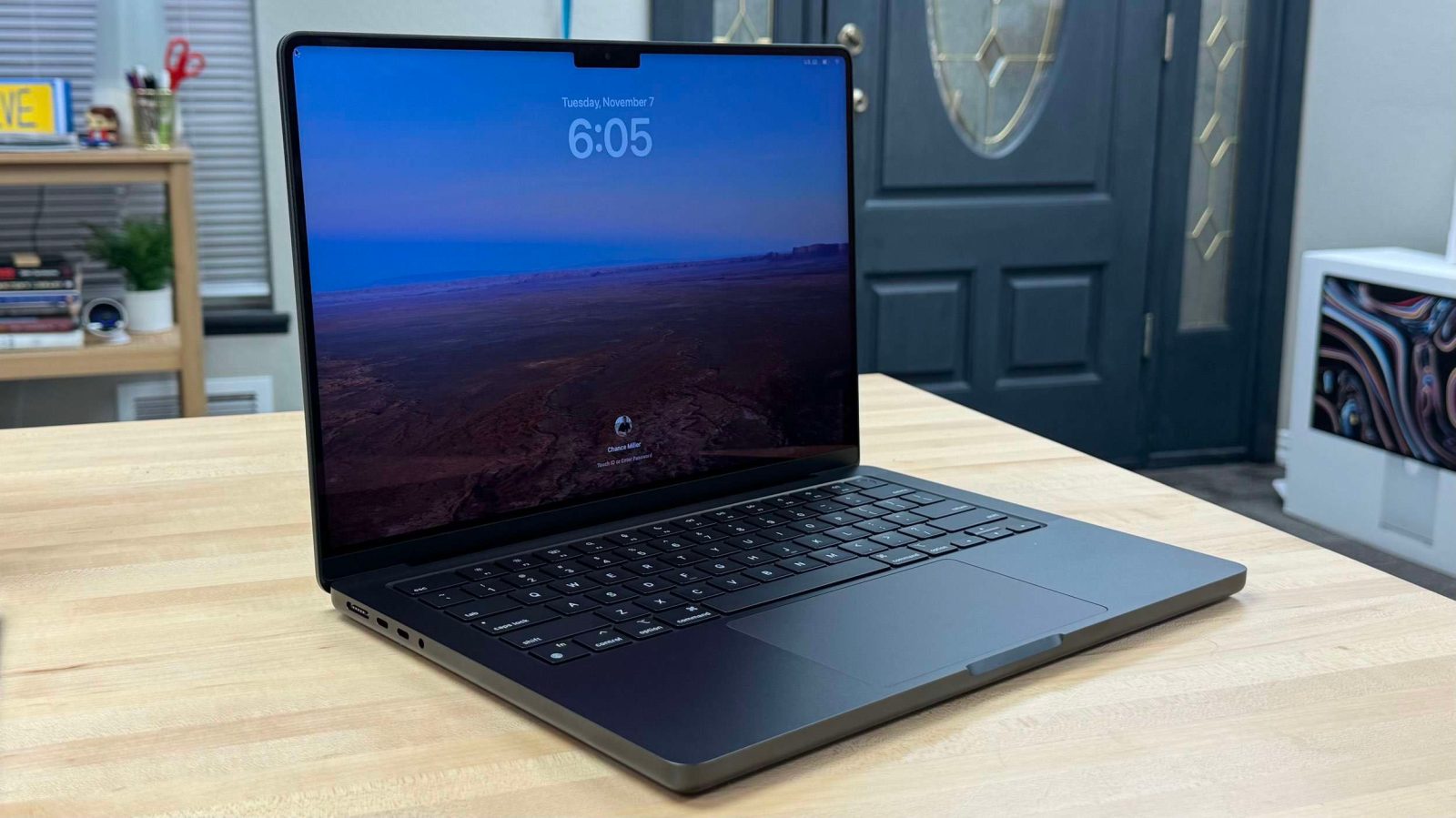
Apple @ Work is exclusively brought to you by Mosyle, the only Apple Unified Platform. Mosyle is the only solution that integrates in a single professional-grade platform all the solutions necessary to seamlessly and automatically deploy, manage & protect Apple devices at work. Over 45,000 organizations trust Mosyle to make millions of Apple devices work-ready with no effort and at an affordable cost. Request your EXTENDED TRIAL today and understand why Mosyle is everything you need to work with Apple.
A few weeks ago, I looked at the state of Wi-Fi 6E and noted that it was probably time to start paying attention to when you’re deploying products that support the new standard and plan your deployment around that. We’ve started to see early discussion of Wi-Fi 7, though. How does this new Wi-Fi standard impact your planning – should you skip Wi-Fi 6E entirely?
About Apple @ Work: Bradley Chambers managed an enterprise IT network from 2009 to 2021. Through his experience deploying and managing firewalls, switches, a mobile device management system, enterprise grade Wi-Fi, 1000s of Macs, and 1009s of iPads, Bradley will highlight ways in which Apple IT managers deploy Apple devices, build networks to support them, train users, stories from the trenches of IT management, and ways Apple could improve its products for IT departments.

A look at Wi-Fi 6E “hype”
At the pandemic’s beginning, I recorded a podcast with a Wi-Fi expert looking at the benefits of 6 GHz for Wi-Fi. We’re sitting here 3 and 1/2 years later, and Wi-Fi 6E (that supports 6 GHz) is finally available on the pro line of Apple’s products. Was it clear that Wi-Fi 6E would be transformative when we learned about it 3 1/2 years ago? Absolutely. Were manufacturers on the enterprise side already touting its benefits and selling access points? You bet they were. If you deployed an early Wi-Fi 6E network, you’d be waiting over three years to see the benefits of the newest standard.
What should that tell us for Wi-Fi 7?
We’re starting to see the similar marketing push for Wi-Fi 7 today that we saw with Wi-Fi 6E back in 2020 that especially heated up in 2021. I expect a similar push in 2024 as vendors continue to roll out early access points that support draft versions of the Wi-Fi 7 standard that can be upgraded to the final version when it’s released.
Is Wi-Fi 7 going to be better than 6E? You bet it is. Do I expect it to be as significant of an upgrade as 6E? I do not. 6E was a significant shift as it moved us to 6 Ghz, opening up a new “highway” for 6E-only devices. Wi-Fi 7 has some notable differences; I am unsure how much difference you’ll see in practice. Wi-Fi 7 is anticipated to support much higher data rates than Wi-Fi 6E, potentially up to 30 Gbps, compared to Wi-Fi 6E’s maximum of around 9.6 Gbps. Wi-Fi 7 also aims to reduce latency further, making it ideal for real-time apps like online gaming, AR/VR, and video streaming. It also aims to introduce Multi-Link Operation. This feature allows devices to transmit and receive data simultaneously across multiple channels or Wi-Fi bands (2.4 GHz, 5 GHz, 6 GHz).
Again, all of these features/benefits sound great. Have I noticed 6E being faster than Wi-Fi 6 on internal transfers? Yeah, I have, but I am quite sure it’s not hitting the 9.6 Gbps the standard allows for. How do I know that? My internal server is on a 1 GB uplink. Wi-Fi standards are getting to where its maximum will outpace all home environments and possibly many enterprise environments today. Your typical office building still runs 1 GB links from switches to APs and desktops/laptops. There will typically be a 10GB uplink back to the firewall/primary switch. Anything past that is likely the exception to the rule.
Again, I am not discounting what Wi-Fi 7 will bring. I love seeing the Wi-Fi Alliance driving the standard forward. You have to build for the future and not for today’s needs. I am sure there will be a day that Wi-Fi 7 (and whatever is next) will be needed, but I don’t think that is today, nor do I think that’ll be coming in the next 24-36 months.
So what should I do?
In my opinion, you’re at least 24 months away from seeing Wi-Fi 7 in anything Apple sells. The battery life generally takes around that long before it meets Apple’s standards. If you’re deploying a network today, I’d probably lean on Wi-Fi 6E if you’re looking for high-speed environments that will last for a few years. If you’re happy with your network today, you can probably wait another 12 months and let the 6E devices become more commonplace while the hardware gets better/less expensive.
Wi-Fi 7 is coming, but it might be the iPhone XX and the Apple M6 or M7 before you need to worry about it. It’s vital to stay knowledgeable on the standard, but don’t assume that your network needs to plan for it in your 2025 or 2026 budget years.
Add 9to5Mac to your Google News feed.
FTC: We use income earning auto affiliate links. More.






